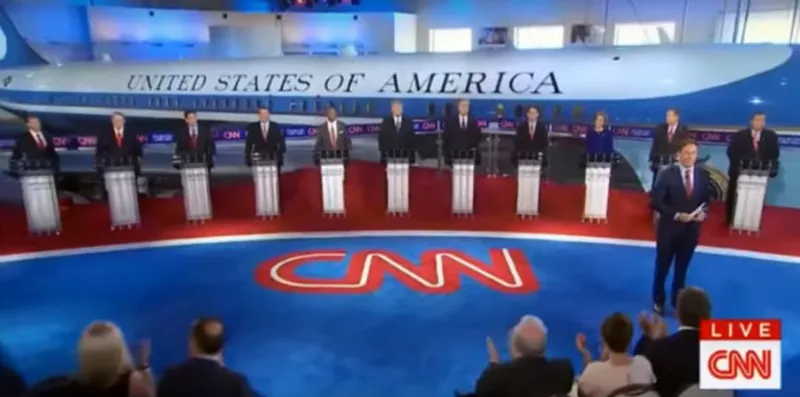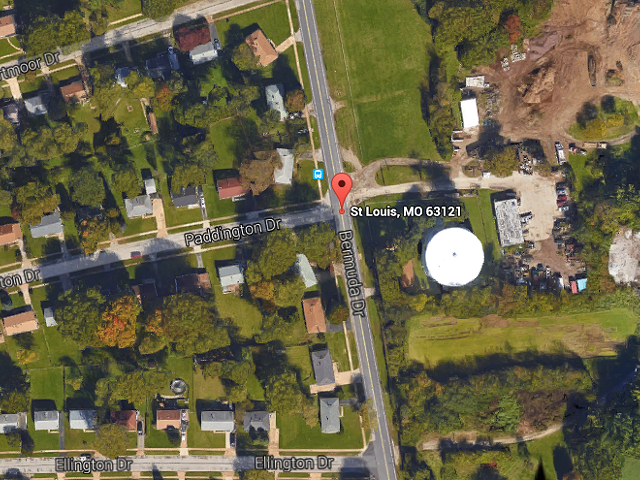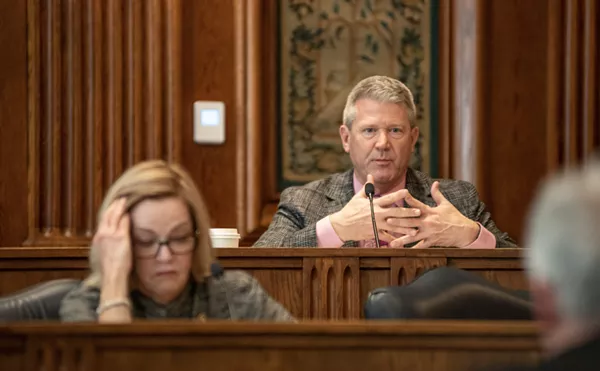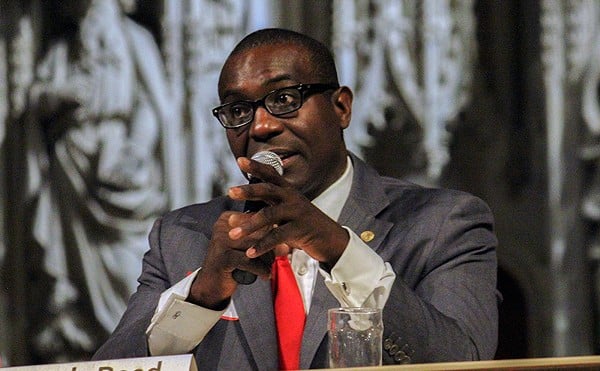These Cable-Only Presidential Debates Are Hogwash
Last night, the Republicans were debating, again. Which meant that the leadership of the free world hung in the balance, again – and yet huge parts of America were unable to watch it unfolding. The revolution is only being televised if you happen to subscribe to cable TV.
Which, increasingly, no one under 40 is doing. In addition to the substantial swath of Americans who've never been able to afford cable (or at least have chosen not to spend money on it), Re/code reports that nearly one percent of subscribers are now cutting their cords each year – a number that's growing, and an acceleration that suggests very bad things for the industry.
Maybe that number sounds small to you. But these things tend to start as a trickle with younger people and then become a tidal wave. I remember how shocked my parents were when I first cut out my telephone landline in 2001. Today even typing “telephone” makes me feel ancient – and you'd be hard-pressed to find anyone but a few bluehairs who aren't strictly cellular.
Which isn't a big deal when it comes to stuff like the latest buzzed-about shows. I can't complain about not having access to Masters of Sex — when I went cable-free a few years ago, I knew what I was getting into. I'd made a calculated decision that I could stream enough good stuff via Amazon and Netflix that I just didn't care.
But what about democracy?
Despite America's changing viewing habits, we cable-free consumers are shit out of luck when it comes to choosing our next president. We're forced to follow along on Twitter – or steal our parents' account numbers to try to mooch off their online access. My husband and I streamed the first half of the first GOP debate on the U.K.-based Sky News after being tipped off by a friend that they were showing the debate for international audiences; there were still plenty of fireworks left in the evening when Fox News got wise to the service and enforced its copyright claim.
Yesterday my friends were all swapping tips about how to watch the evening's debate — the consensus seemed to be that you needed to sign up for CNBC Pro, then cancel within 30 days so you didn't get charged for the privilege. But is this really what being an informed voter has come to? Cable bills are soaring; the average increased 5 percent in 2013, much higher than the rate of inflation. So we have to lie, cheat and swindle to watch presidential debates in real-time — or get locked into a package at $64 a month? Radio isn't even an option this time around; if you wanted to tune in last night, you needed Sirius. Which, again, means you need to pay.
I found myself thinking about all this last night while I watched the World Series. I used to be a huge baseball fan, but last night as I attempted to tune in to the Royals versus Mets, I found myself wondering who these people were and why I was supposed to care. And I realized that, unlike those wonderful baseball-crazy years of my childhood, I hadn't been able to use Monday night games and Saturday afternoon games and the division series and the championship series to start caring for these teams (or hating them, depending). Just about the entire season, as well as the first two-thirds of the post-season, were available only on cable.
Which I guess is fine. If Major League Baseball wants to lose a generation of younger, less affluent fans, that's its prerogative.
But is this really a choice our democracy can afford to make? It's not just the GOP; the recent Democratic Party matchup was also only on cable. Only five of the 15 scheduled primary debates will be on network TV, and those are all backloaded near the end of the election cycle. Presumably, that's because stakes are higher then, but let's face it: By then, many good candidates will surely be gone. We could be looking at Clinton vs. Bush. We could be looking at Sanders vs. Trump. We could be staring down the prospect of a President Ben Carson — or, God forbid, a President Ted Cruz.
And how invested will we cable-free voters be? Older, richer Americans will have watched everybody in action for months on end — the rest of us will be like those half-hearted baseball fans tuning into the World Series and feeling befuddled that there's no one to root for.
I'm not so sure that this isn't what the political parties want. They agreed to let these cable entities "host" their debates, and they could have held out and required them to live-stream the show, or at least release real-time audio. They did not. They know who's buttering their bread, and it's not people like you and me. Their fat-cat donors, I'm sure, all have cable — and not just that basic $64 package.
I tried to follow the debate on Twitter last night. From what I could tell, Trump was Trump, Carly Fiorina wore purple, Chris Christie zinged poor Jeb! about fantasy football, and both Bill Maher and Ted Cruz hated the moderator. (OK, everyone hated the moderator.)
Suffice it to say, it was not the same as actually watching the thing. Nor was the way I caught the Democratic debate a few weeks ago — which was by streaming the parody version on Saturday Night Live a few days later. I have to admit, Larry David made one hell of a Bernie Sanders — but I still don't have the foggiest idea who I'm voting for. The fact that I'm far from alone simply can't be good for the future of the republic.
Sarah Fenske is the editor in chief of the Riverfront Times. You can reach her by email at [email protected] or follow her on Twitter @sarahfenske.






